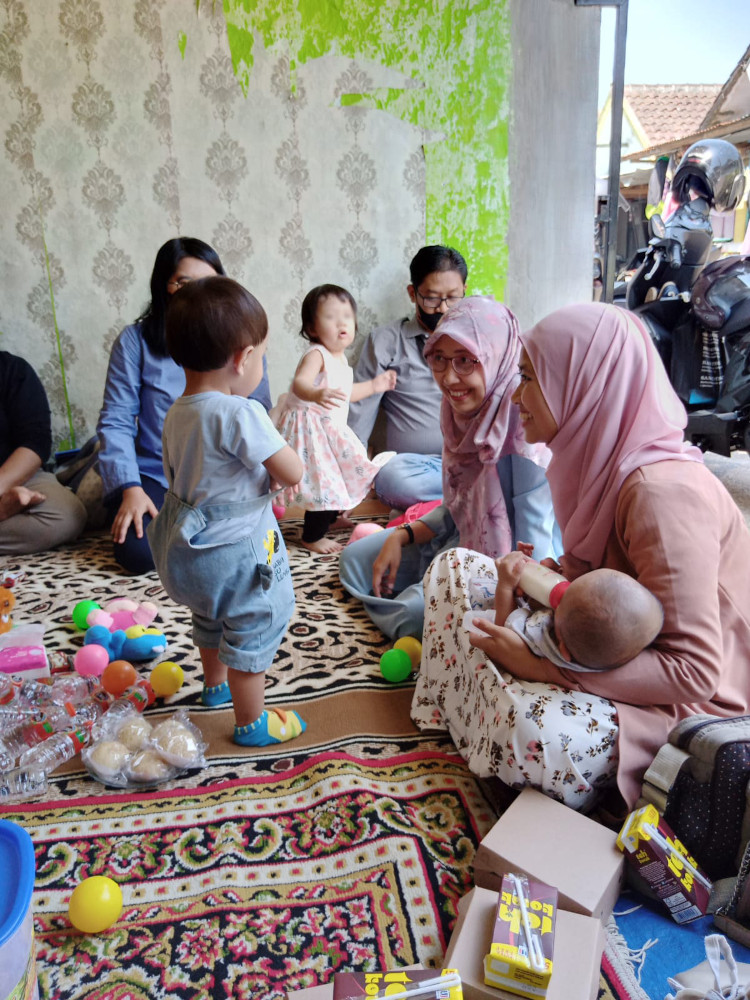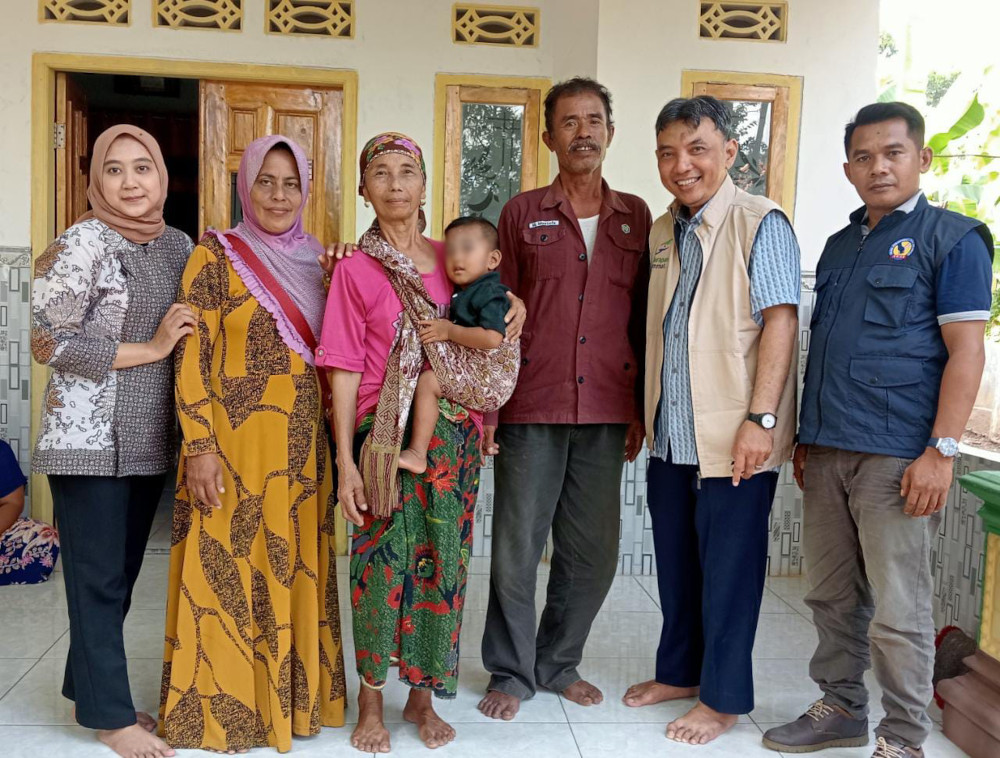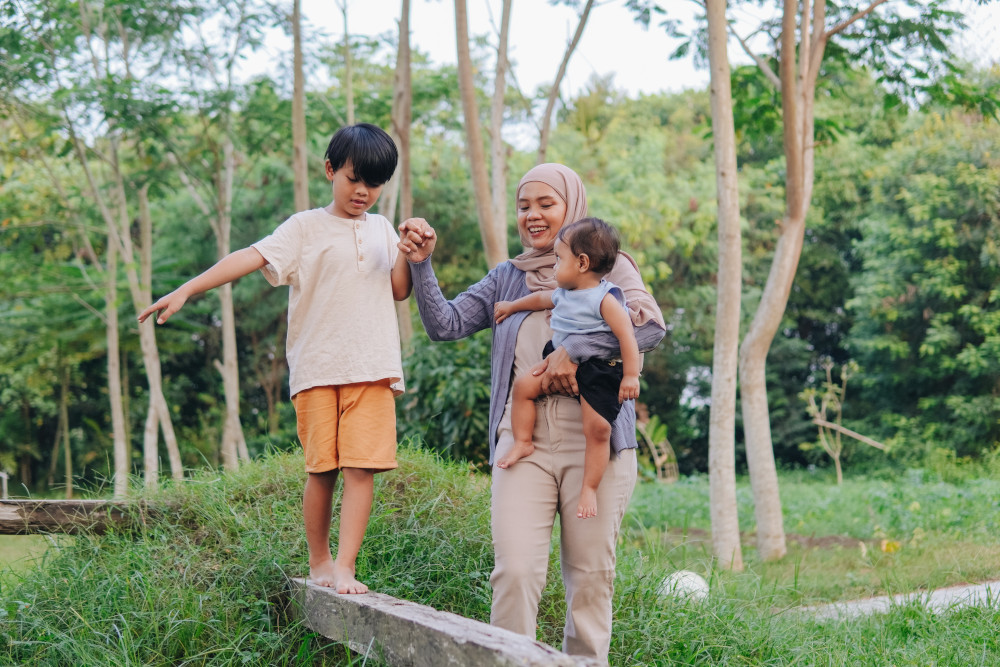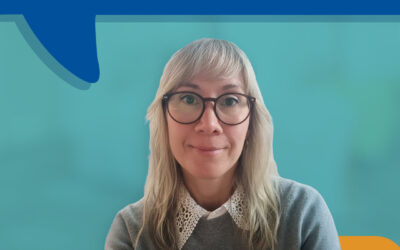Reflections on a partnership that is transforming care for children in Indonesia

Martin James Foundation has been privileged to partner with Harapan Ummat (Harum), an Indonesian non-governmental organisation based in East Java. This remarkable team has been dedicated to supporting families in need since its establishment in 2005. By providing parenting skills and access to education, Harum aims to support and strengthen communities. In 2020, in partnership with MJF, Harum began piloting foster care in the region at the government’s request, thus formalising much-needed support for foster families. While our project concluded over a year ago, Harum’s reach and impact in the region and beyond has just begun.
In this blog, M Noor Choirullah, Harum’s Founder and Director, reflects on the progress achieved during their partnership with MJF.
Government Partnership and Reform
Since Harum’s inception, we have successfully partnered with the Government of Indonesia in our shared aim to shift Indonesia’s dependence upon institutional care and instead invest in family-based care models such as gatekeeping, kinship care, and foster care. Specifically, we have observed that community child activists and care reform advocates were instrumental in overcoming challenges that arose during implementation. As we, and others, began demonstrating the importance and the feasibility of foster care, we saw increased movement within government policies and procedures. As a result of our advocacy, we recently saw foster care included in the official government strategy document, meaning that children who require alternative care will now have foster care as an option over being placed automatically into an orphanage or residential facility.
Reflecting on this momentous shift, we noted the importance of coordination and cooperation between care reform advocates to see consistent movement towards family-based care locally and nationally in Indonesia. By establishing better outcomes for children, these local actors stand to see enormous progress in the coming years.
Such incredible progress has not always been linear, as Harum has often encountered challenges in our advocacy. Each challenge, however, has presented the opportunity to explain to local authorities why family is important and why long-term care in orphanages can have negative long-term implications for children. Additionally, this has allowed us to expose unsafe orphanage practices throughout the country, providing further momentum for change.
Cultural and Structural Change Needed
As Harum has continued to grow and expand our work in Indonesia, we have observed two primary obstacles to care reform throughout Indonesia: cultural and structural. First, the cultural obstacle illustrates the harmful repercussions of introducing the orphanage model in the first place. As an orphanage becomes a seemingly viable option for the alternative care of children, a once foreign model can become an accepted and normative part of society, seen as normal by the general public. Further, Indonesia sees a similar phenomenon as many other nations, as religious instruction and orphanages have become largely intertwined, making the separation and potential closure of orphanages and boarding schools particularly sensitive. In Indonesia, the practice of orphanages is often combined with Pesantren, a traditional Islamic school. We have observed that this can be challenging to overcome as these schools have a deep emotional connection for the community that is important to acknowledge and respect. In partnership with the government, we have found that by encouraging residential facilities to expand their model to include supporting vulnerable children in family environments, the homes have been more receptive to the idea of change.
Additionally, we have observed where structural change is needed within the alternative care of children. By developing and implementing foster care as a viable option for children, the well-worn tread to an orphanage is increasingly being disrupted. Identifying, approving, and training foster families to care for children who cannot remain safely with their biological families shows enormous promise as new systems and structures are built. This has resulted in the structural change needed throughout the community as new regulations have been implemented towards foster care, giving children who need alternative care a choice between institutional care and alternative care within a safe foster family.


Gatekeeping in Practice
As we continue to demonstrate our ability to assist the government in the decision-making process for placing a child into alternative care, we have provided critical support and direction for children requiring family strengthening in their biological families and aiding foster care families. Although not fully developed or formalised, local governments consult Harum in cases involving foster care, alternative care placements, or children at risk of legal conflict to determine the best course of action for the child. This collaboration has led to solutions such as placement in substitute families, foster care, temporary placement with relatives under strict supervision, and institutional care for a limited time. Additionally, Harum initiated cross-sector discussions involving the police, courts, education offices, and other stakeholders to address stalled or complex cases. These efforts have achieved significant progress and could serve as a model for future gatekeeping mechanisms.
Conclusion
As this project concludes, all of us at MJF are inspired by everything Harum has achieved throughout its duration. We celebrate both the significant milestones and the small, meaningful moments that together contribute to a brighter future for children in Indonesia.
It has been a privilege to partner with Harum as they work to build stronger systems and structures for children. While our collaboration on this project has officially ended, we are grateful to remain connected through our Partner Learning Exchanges and the vibrant community of partners we are proud to be part of. We are confident that this marks the beginning of even greater progress and impact for Harum across Indonesia, and we look forward to continuing to learn from and alongside them.



